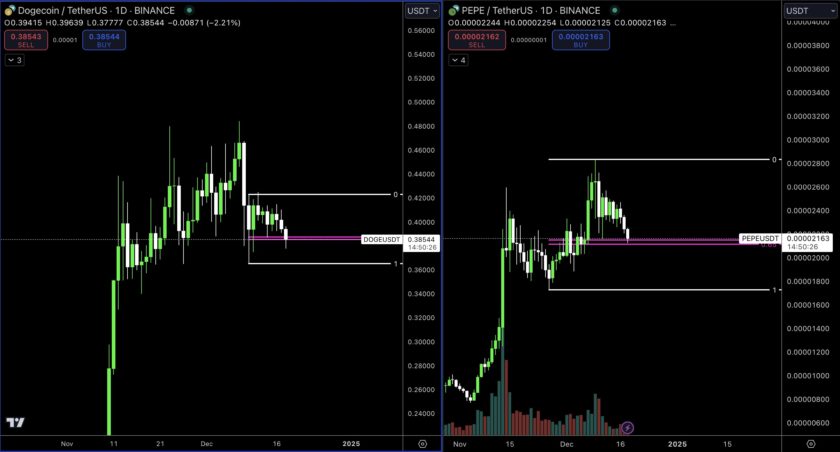On Jan. 3 Spain-based CaixaBank added the blockchain-powered finance platform We.trade to its list of services. CaixaBank has now become one of the first banks in Europe to provide its customers access to blockchain technology.
Launched in 2017, We.trade is a finance platform powered by IBM’s blockchain technology. It was developed by a consortium of 15 financial institutions from around Europe, like UBS and Societe Generale, and it works to provide businesses with a digital, trustless platform for verifying financial information. We.trade’s open API architecture lets it track and trace goods shipped by any of the 400 logistics companies throughout Europe who are also using the platform.
We.trade uses blockchain to facilitate the transaction process for suppliers and buyers on a single, shared platform. We.trade generates smart contracts that link the trading operation with the financing or payment that prevents any default risk for companies, which can increase business globalization.
While CaixaBank joined the We.trade consortium in Oct. 2018, the leading Spanish bank is giving its 15.8 million customers access to We.trade for purposes of making the world’s transactions more traceable and secure.
In the company’s latest press release, CaixaBank explains:
“Specifically, the solution provides real-time monitoring of transactions, which increases transparency throughout the process. Since it is a platform which can only be accessed by customers who are verified and authenticated by the member banks, the security and trust element of the transactions is very high.”
IBM also points out in a company blog post that the banks part of the We.trade network are working to solve a specific problem, which is to grant small- and medium-sized businesses access to trade financing. This will let these companies grow their businesses, expanding into new markets and forging new trading partnerships.
IBM notes that We.trade is compliant with the requirements of each bank’s country, as well as the European Union. We.trade also operates within the context of complex global regulatory requirements including the EU General Data Protection Regulation (GDPR), and within the individual requirements of each of the member banks.




